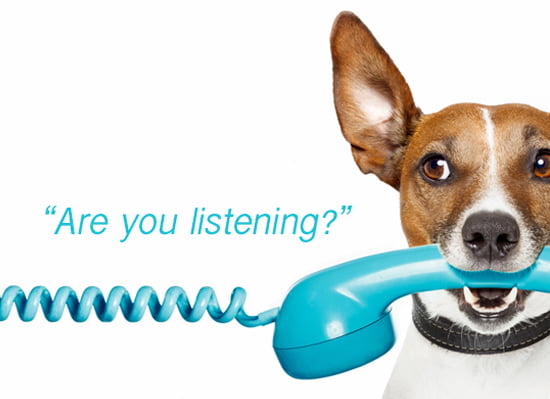This article is dedicated to the wonderful sales person on the other side of the phone. She was pitted up against another sales person, myself. Handling herself professionally, selling the services clearly and to the point, constantly engaged and attentive to all my concerns and questions. Eventually winning me over.
Creating the perfect WIN WIN scenario. Her win was securing a new client and my mine was a lesser monthly premium. She even stated in the beginning of the conversation that by the end of this call she will have won me over. She certainly did that.
She had clear understanding of her product and what she was able to assist me with. Delivering exceptional service over the phone. Now if only all of us could strive to do the same in a time when most of us favour email and cellphone messages. Because its more convenient and takes less time. But talking over the phone in most lines of work is still necessary and we need to know how to speak with impact. You never get a second chance to make a great first impression. The first 10 to 15 seconds of that phone call can make or break your chances of getting the outcome you desire.
Over the phone, your voice, more than any other element, conveys your emotional attitude toward the caller, so it’s critically important to send the right message through your voice.
Then how many of us are guilty of the following: multitasking, covertly catching up on other tasks while attempting to carry on a telephone call. Not only are you likely to miss critical points in the conversation, the listeners can hear awkward pauses and a tone of distraction in your voice.
But the good news is, it only takes a few simple techniques to turn a potentially bad call into a productive one with tangible results and measurable outcomes. Here are some tips for optimising our next phone call:
Prepare for the call and rehearse your opening remarks. In advance, set a clear agenda, list of topics to be covered, and outcomes or actions desired. Then, to ensure a confident enthusiastic start to the call, practice aloud the voice tone and content of your opening.
Use a clear, pleasant tone of voice with plenty of volume and good enunciation. When you’re speaking on the phone, your voice is the primary communication vehicle. Therefore, speaking loudly enough to be heard and in a friendly engaging manner is critically important.
State the specific purpose of the telephone call. After the greeting, immediately state the reason for the call, and the objectives required. This provides focus and direction. It also shows you’re prepared, in charge, and committed to a successful outcome.
Use good body language. Listeners cannot see you physically, but they can hear the confidence created through good posture. Also try standing up when you speak to project an even more commanding confident voice tone. Gesture as you would in conversation and imagine you are making eye contact with the callers. And remember to smile, the listener can actually hear the grin in your voice.
Listen actively and avoid interrupting. Indicate your attentiveness by using verbal nods. Take notes and keep track of what is being said.
Avoid multitasking. Give your callers the full attention you would if you were face-to-face with them. This is where driving and speaking on the phone should be avoided most of the time. Inform the caller that you will call them back to discuss the matter when back at the office or when its conveniently to stop and focus on what needs to be discussed.
Avoid cradling the receiver between your ear and shoulder. This usually gives a muffled sound and strains your neck. Ensure the space around you is quiet, the main point is to ensure good sound quality.
Choose your words carefully. When you’re speaking over the phone instead of in person, words themselves carry a greater impact because the listener does not have your nonverbal cues to provide meaning. That’s why it’s especially important to prepare and rehearse your speaking points ahead of time. Keep your language and tone positive, inviting, and upbeat.
From a company’s perspective, the primary consequences of a bad telephone call are a loss of time, money, and productivity. From an individual perspective, if you happen to be the host of a bad telephone call, your reputation as a leader and manager may be jeopardised. Every employee has a responsibility to be a good steward of their employer’s time and money.
